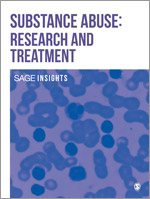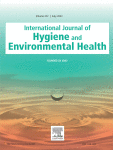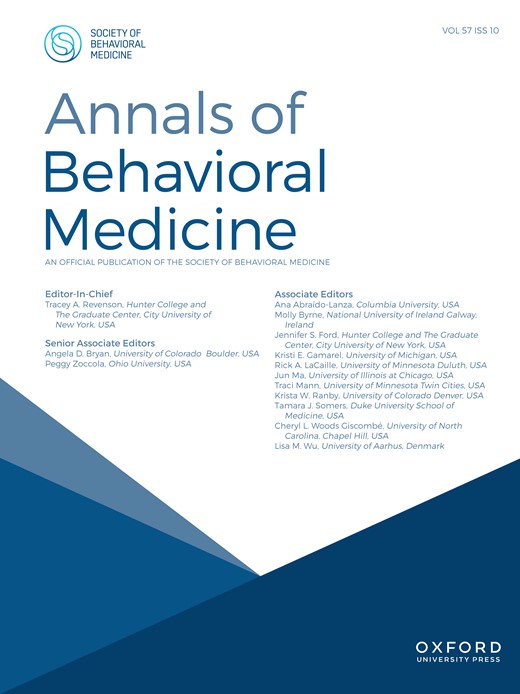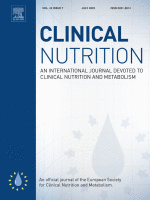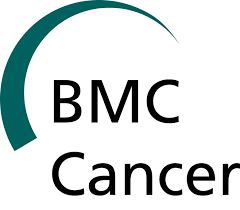Socio-economic inequalities in lung cancer mortality in Spain: a nation-wide study using area-based deprivation
Background Lung cancer is the main cause of cancer mortality worldwide and in Spain. Several previous studies have documented socio-economic inequalities in lung cancer mortality but these have focused on specific provinces or cities. The goal of this study was to describe lung cancer mortality in Spain by sex as a function of socio-economic deprivation.…





